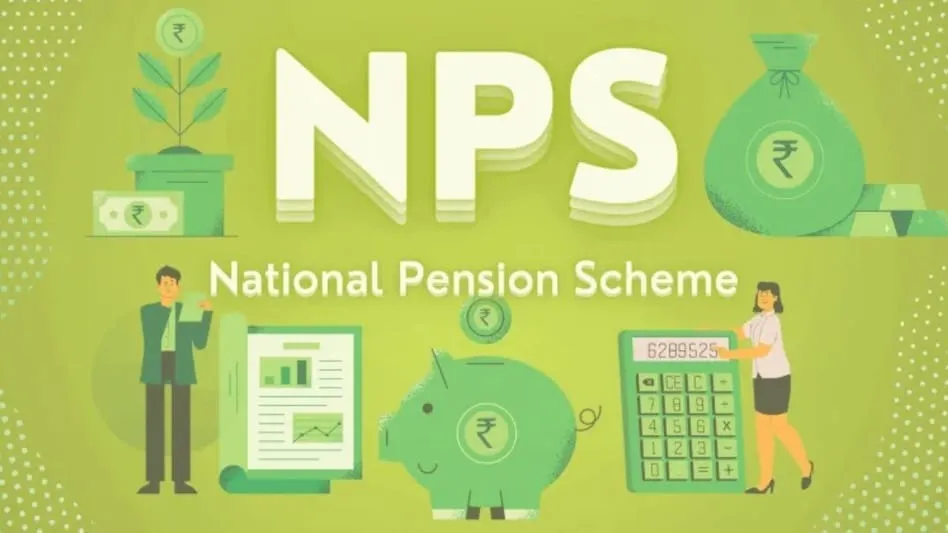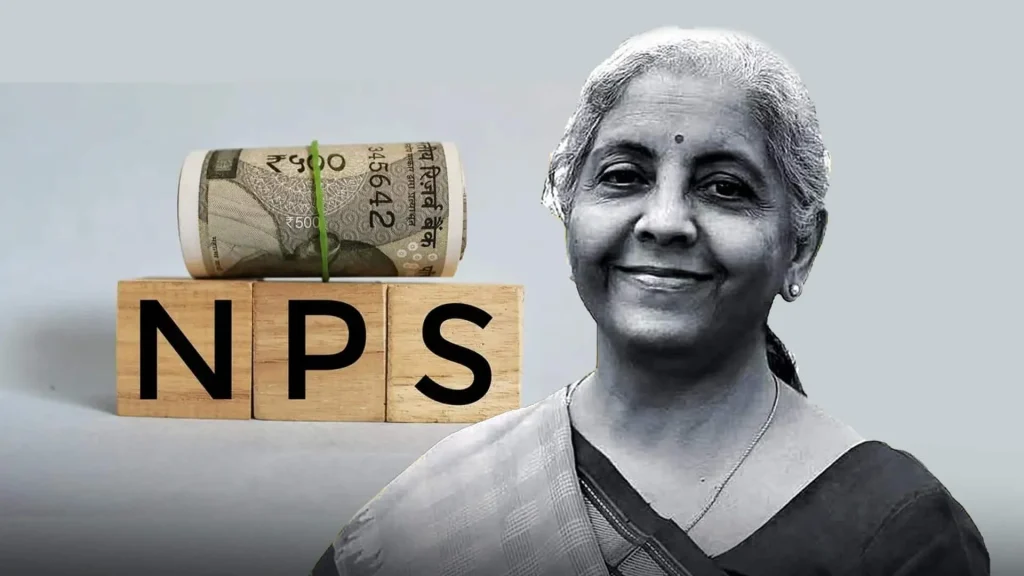Finance Minister Nirmala Sitharaman unveiled the NPS Vatsalya scheme during the Budget 2024 address. This initiative, a specialised version of the National Pension System (NPS), focuses on cultivating long-term savings habits for minors. The scheme allows parents and guardians to start retirement savings for their underage dependents by opening accounts in the minors’ names and contributing to them regularly.

Details on the new scheme are eagerly awaited from the Finance Ministry. The introduction of a market-linked savings scheme with tax benefits to facilitate savings for children has generated significant enthusiasm. Experts explain that parents or guardians can establish an NPS account for a minor and make regular contributions. Once the minor reaches adulthood, the account will transition into a standard NPS account, essentially serving as a retirement savings tool for the minor.

Ranbheer Singh Dhariwal, CEO of Max Life Pension Fund Management, highlighted the initiative’s long-term benefits: “By allowing parents and guardians to initiate their minor child’s NPS account, the initiative sets the foundation for responsible financial management from an early age. As these accounts transition into regular NPS plans upon adulthood, they provide a smooth continuation of savings habits into adulthood.”
The National Pension Scheme (NPS) is a government-sponsored retirement savings initiative designed for individuals ranging from 18 to 70 years of age, including residents and Non-Resident Indians (NRIs). This program operates as a market-linked contribution plan, offering Indian citizens a structured method to accumulate retirement funds with advantageous tax incentives.
Currently, tax deductions for contributions made by employers under Section 80 CCD(2) can be up to 10% of the employee’s salary (Basic + Dearness Allowance). For Central Government contributions, the deductible limit increases to 14%. This deduction is available over and above the Rs. 1.5 lakh limit specified under Section 80 CCE for tax-saving investments.
The adoption rate of the NPS within the corporate sector stands at 10-15%. Many individuals face challenges in allocating savings towards retirement plans due to high expenses and short-term financial objectives. It may be unrealistic to expect individuals who are not prioritising their own retirement savings to allocate resources towards their children’s long-term financial security.

One key feature of the NPS Vatsalya scheme is its flexibility. When the minor reaches 18 years of age, parents can convert the account into a regular NPS account, allowing for a smooth transition into long-term retirement planning. CA Swapnil Patni noted, “The unique aspect of the scheme is that it can be converted into a non-NPS plan once the child attains majority. We look forward to its upcoming progression in supporting parents and securing the future of the younger generation.”
Sandeep Chilana, Managing Partner at CCLaw, commented, “Early schemes for planning social security and pension benefits of the next generation is a welcome step. It would be important that necessary checks and balances are put in place to ensure that parents’ savings do not get out of their control immediately on a child becoming a major.”
